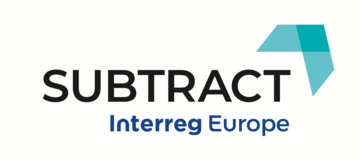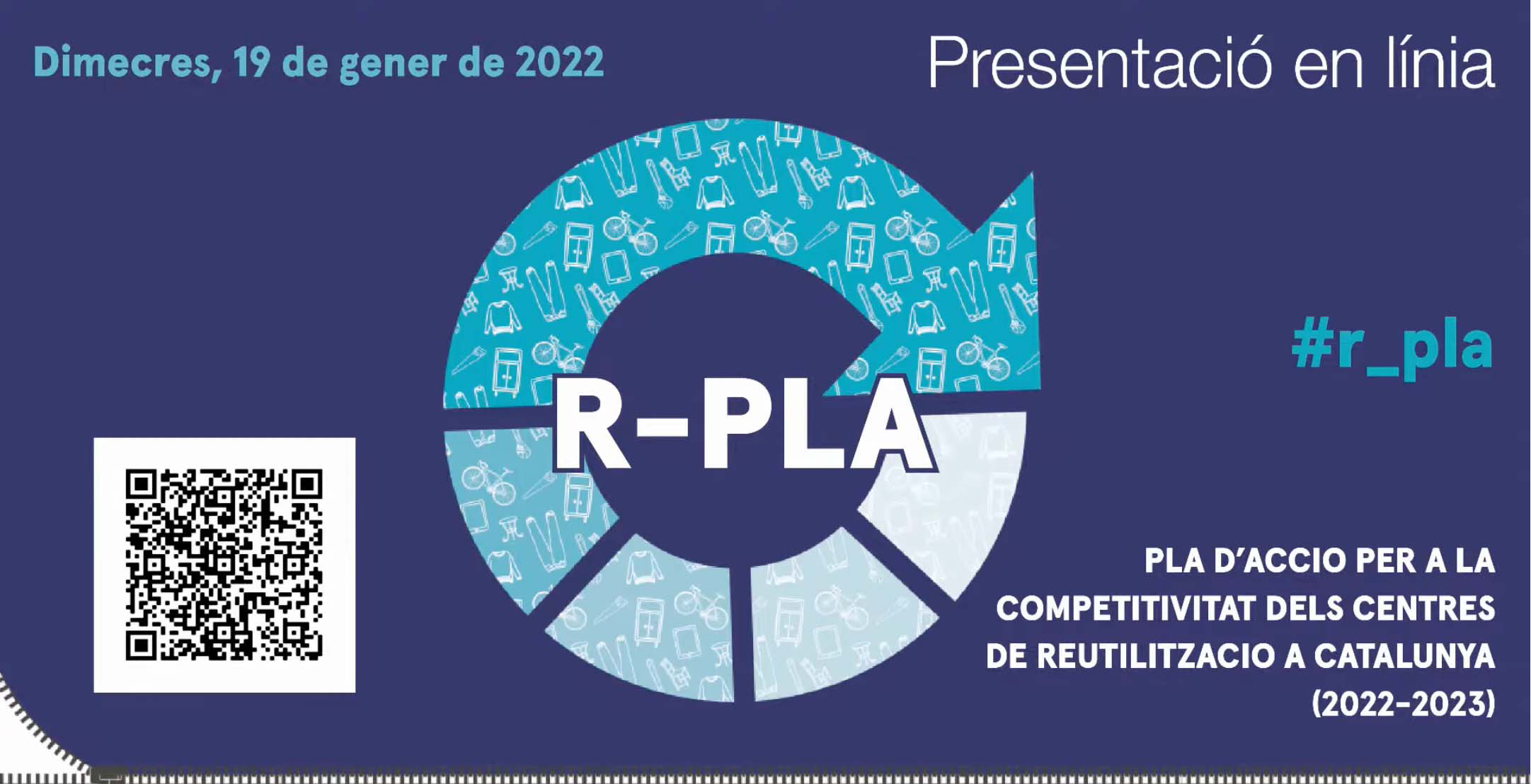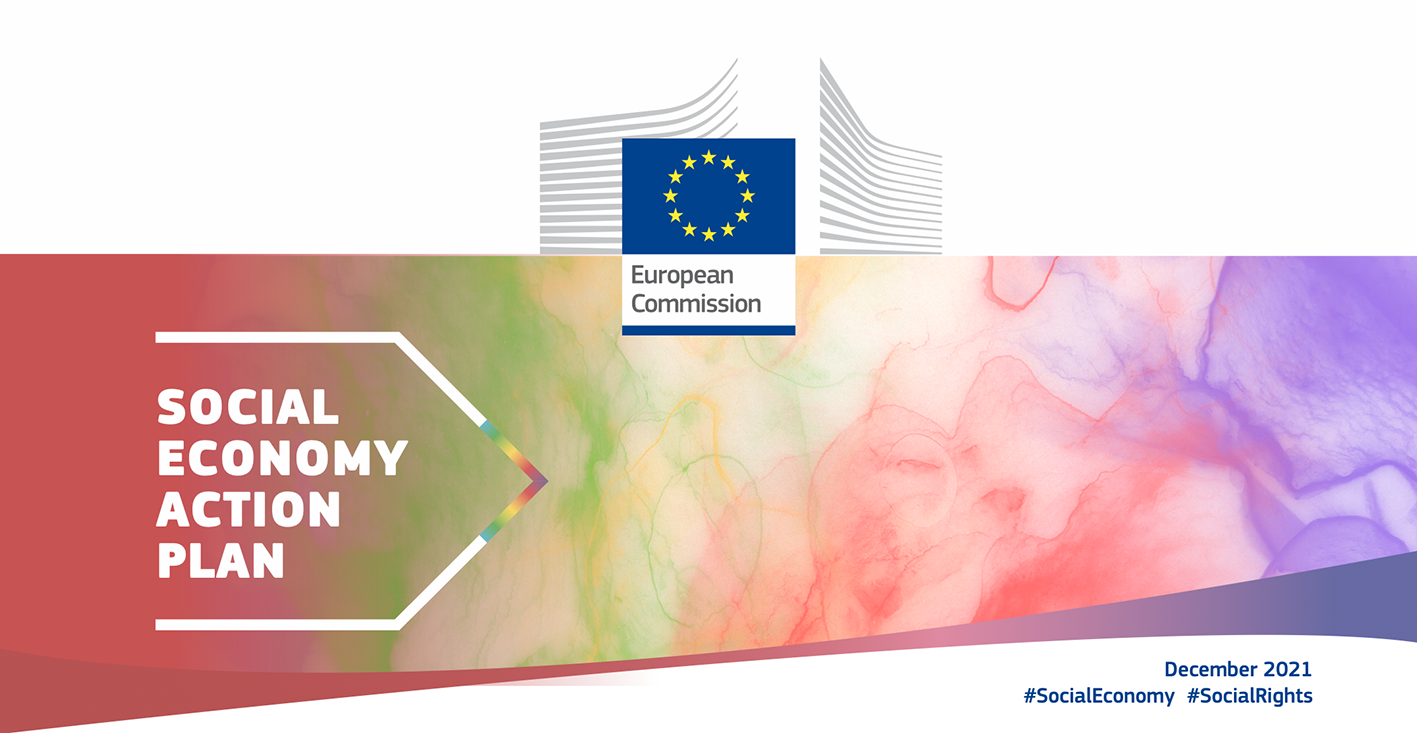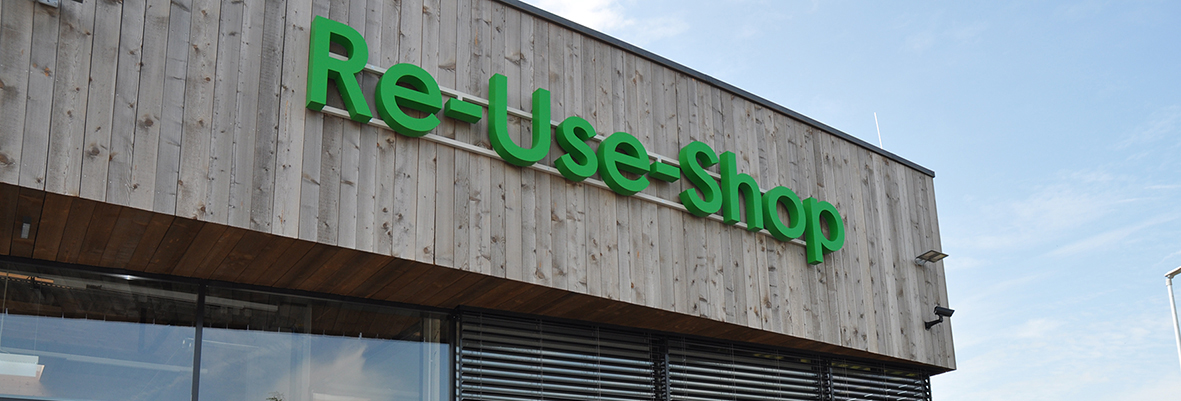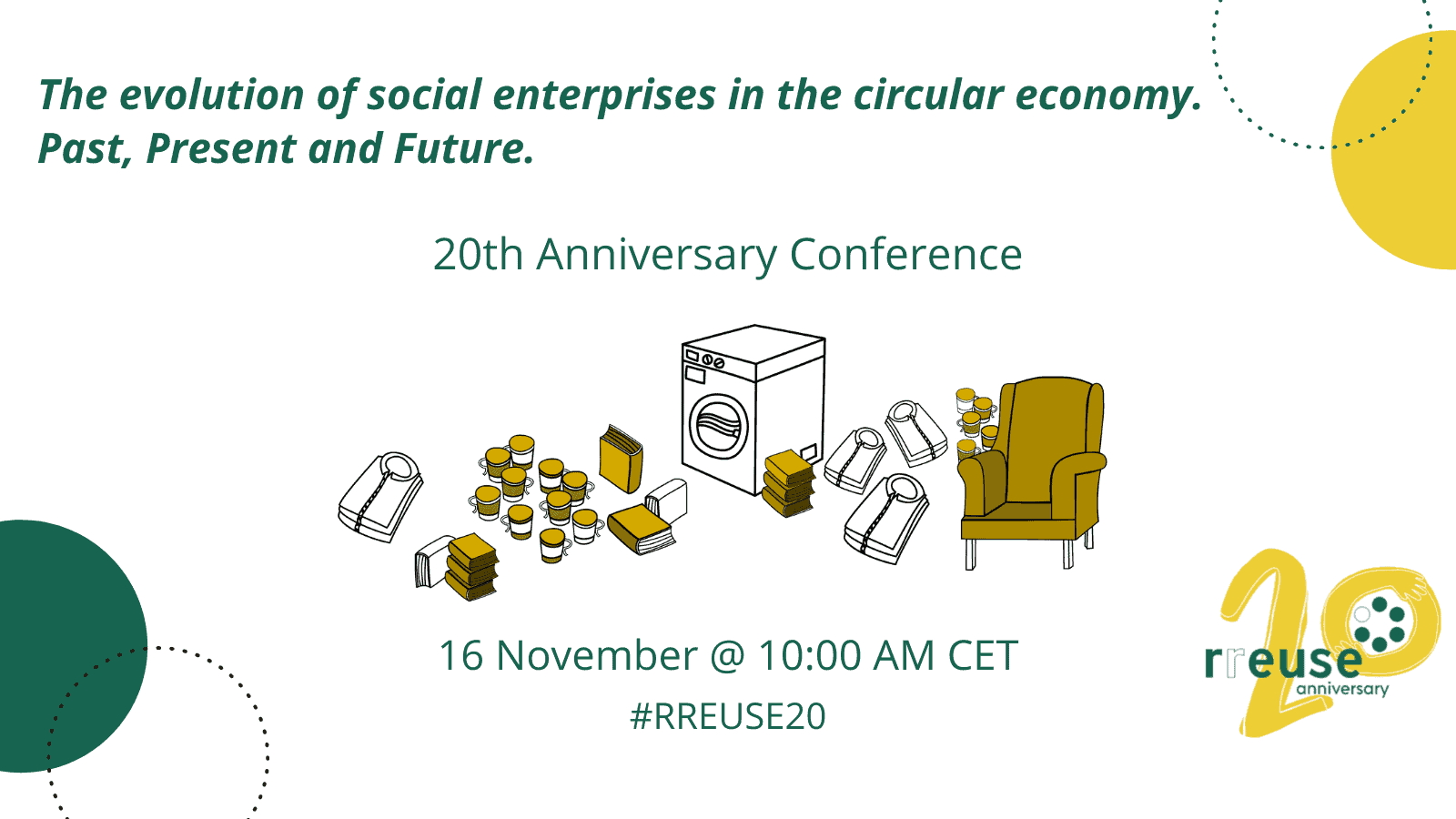As lockdowns became the new normal, businesses and consumers increasingly “went digital”, providing and purchasing more goods and services online, raising e-commerce’s share of global retail market.
The Interreg Europe project "Future-Ecom" investigates potentials and barriers faced by SMEs in exploiting digitalisation and internet driven marketplace in order to improve their competitiveness in long term. Within the framework of the webinar "E-commerce: the path forward", organized on the Interreg Europe Policy Learning Platform on December 15, the key findings from the project have been presented.
"COVID-19 pandemic has accelerated the need for making investments in e-commerce", said Casper Gerner Mikkelsen from the North Denmark Region. "Most of the companies we meet, they actually acknowledge that they have a need for addressing the customers digitally", he added.
Based on the consultation with numerous companies, one of the findings form the Future-Ecom project is the fact that most of the regional SMEs have strategic intent and are willing to invest in digitalisation to some extent. Nevertheless their e-commerce infrastructure is rather underdeveloped, especially when it comes to features related to interaction and transactions. Also, online marketing development seems to be low on average.
In his presentation, Mr. Fanourios Panagopoulos, Special Advisor at Magnesia Chamber/Greece emphasized the important role of e-sales and marketing in the process of digital transformation of enterprises. According to the state-of-the-art report, drafted within the framework of the Future Ecom Project, the challenges faced by the European SMEs to invest in their e-sales in marketing range from "the high costs for maintaining high-quality Internet content, lack of the corporate culture and the operational structure to deliver high-quality content and services in the long-term to lack of 'focused' support programmes".
Within the context of the project SUBTRACT, SMEs working in the reuse sector could greatly benefit from the implementation of digital services not only to better manage the flow of reusable goods but also to enhance customer relations and improve the visibility of the reuse sector as a whole. This, in turn, should increase both the donations of reusable goods and generate higher sales by attracting new customers. In the phase 2 of the SUBTRACT project in 2022, several project partners are planning to implement actions aiming at improving digitalisation of the reuse sector in their regions. Among the measures are a web-based platform and other digital tools for management, promotion and valorisation of the reuse centres in the region of Umbria, a common online sales platform for reuse goods in Catalonia and a digital reuse map in Styria.
